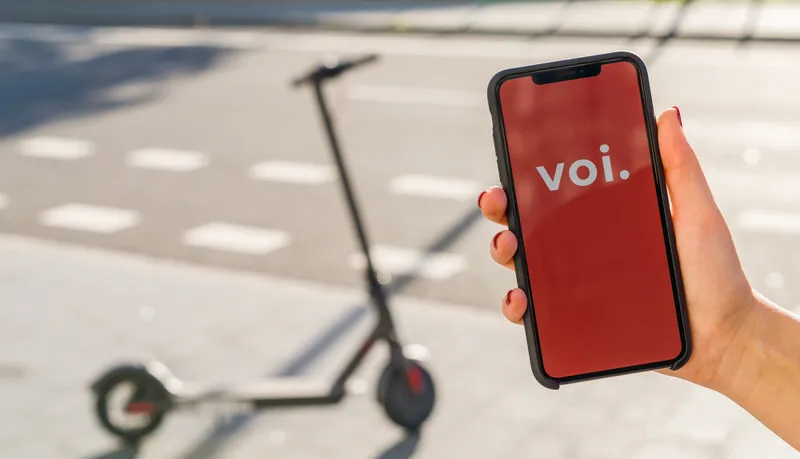Registrations are now open and the programme released for Asia Pacific’s annual tolling event, the 2017 National electronic Tolling Committee (NeTC) Forum. Hosted by ITS Australia in Sydney, 23-25 May, 120 Australian and international speakers and participants are expected to attend and road user charging is high on the agenda.
Last November, Paul Fletcher, Federal Minister for Urban Infrastructure announced a study into road user charging, as recommended in Infrastructure Australia’s 15 Year Plan, and h
February 9, 2017
Read time: 2 mins
Registrations are now open and the programme released for Asia Pacific’s annual tolling event, the 2017 National electronic Tolling Committee (NeTC) Forum. Hosted by ITS Australia in Sydney, 23-25 May, 120 Australian and international speakers and participants are expected to attend and road user charging is high on the agenda.
Last November, Paul Fletcher, Federal Minister for Urban Infrastructure announced a study into road user charging, as recommended in Infrastructure Australia’s 15 Year Plan, and highlighted it would be introduced if governments were confident that the benefits to the community of the new arrangements outweighed the costs.
Infrastructure Australia chief executive Philip Davies is a confirmed speaker at NeTC 2017 and has previously described the current funding model to build and maintain Australian roads as unfair, inefficient and unsustainable. The Australian Infrastructure Plan advocated for fuel excise and registration fees to be abolished in favour of a user-pays approach to road funding where the revenue raised from road users is put back into building and maintaining transport infrastructure.
According to ITS Australia CEO Susan Harris, Australia was one of the first adopters of electronic tolling and since then has exported products and intellectual property to the international market.
NeTC 2017 is sponsored by Cubic Transportation Systems,600 Transurban, 81 Kapsch, 108 Q-Free and 6722 Roads and Maritime Services (RMS). The Forum theme, Converging Smarter Tolling Technologies will cover road user charging, as well as road tolling, including new projects, infrastructure maintenance, collection and analysis of big data, new technologies and smart cities.
Attendees will also have the opportunity to attend technical tours and networking events.
Last November, Paul Fletcher, Federal Minister for Urban Infrastructure announced a study into road user charging, as recommended in Infrastructure Australia’s 15 Year Plan, and highlighted it would be introduced if governments were confident that the benefits to the community of the new arrangements outweighed the costs.
Infrastructure Australia chief executive Philip Davies is a confirmed speaker at NeTC 2017 and has previously described the current funding model to build and maintain Australian roads as unfair, inefficient and unsustainable. The Australian Infrastructure Plan advocated for fuel excise and registration fees to be abolished in favour of a user-pays approach to road funding where the revenue raised from road users is put back into building and maintaining transport infrastructure.
According to ITS Australia CEO Susan Harris, Australia was one of the first adopters of electronic tolling and since then has exported products and intellectual property to the international market.
NeTC 2017 is sponsored by Cubic Transportation Systems,
Attendees will also have the opportunity to attend technical tours and networking events.









